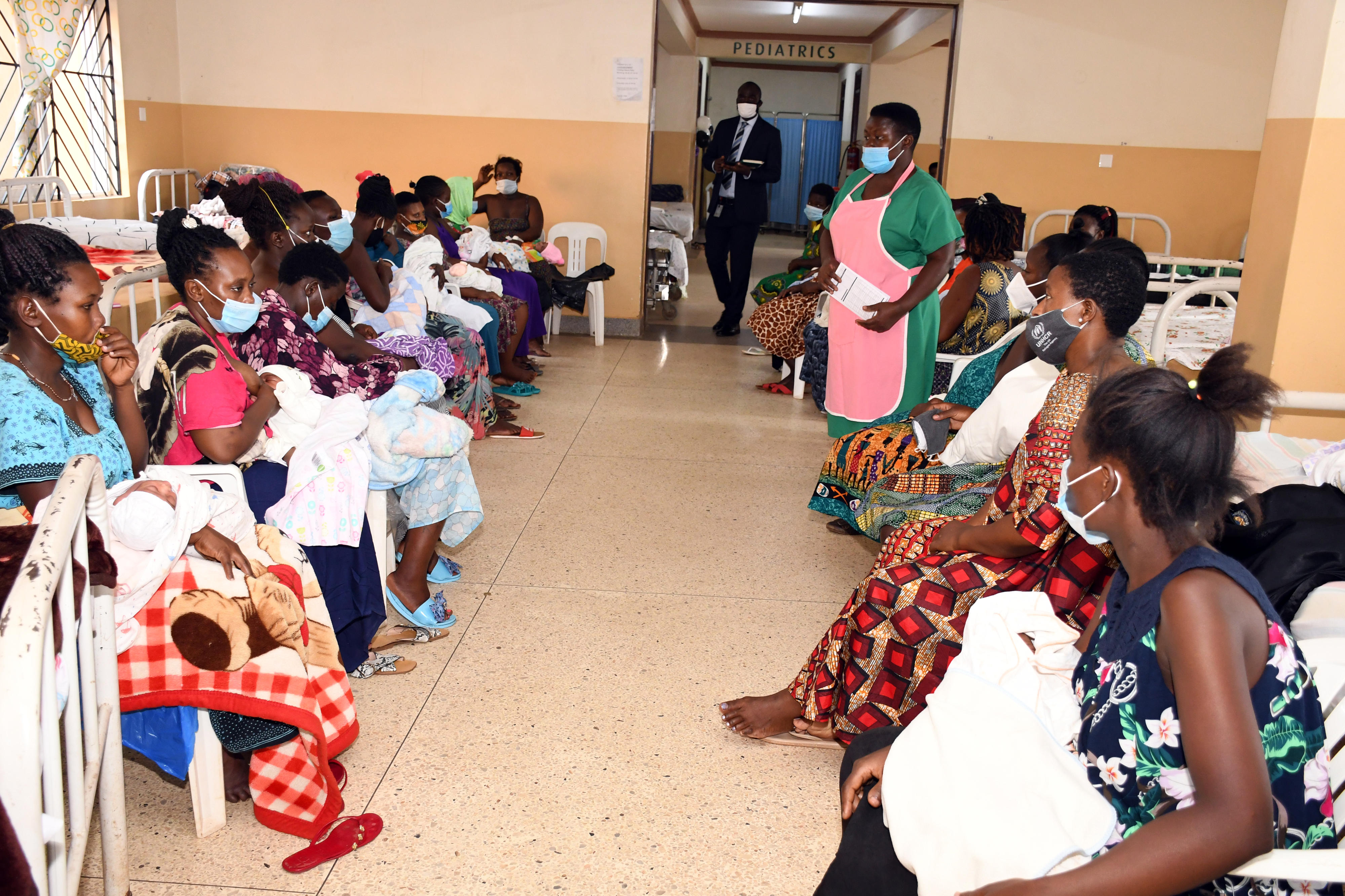Prime
Mbale District council approves city divisions

An overview of refurbished Mbale Town as of yesterday. The town is now clean following the renovation of the roads and installation of street and traffic lights. PHOTO BY FRED WAMBEDE
Mbale- The Mbale District Council has approved new municipal city divisions in Mbale Town as it gears up for the long-awaited city status.
The divisions, which include Bunghokho and Industrial City Divisions, were approved unanimously by the council, which sat on February 28 at the district headquarters.
The Bunghokho Division comprises Northern Division, Nakaloke Town Council and the annexed neigbouring sub-counties of Bukonde, Nakaloke, Namabasa and Namanyonyi.
The Industrial Division composes of Industrial Division, Bugema-Nauyo Town Council and sub-counties of Bukasakya and Bunghokho-Mutoto.
But Lwaso Sub-county, which was also designated to be part of the city, was left out after the residents rejected the proposal, saying they would prefer to remain under the district.
Mbale Municipality is one of the towns targeted to be upgraded to city status including Mbarara, Arua and Gulu by 2020.
The town found at the foot of Wanale ridge of Mt Elgon, which is 8,000 feet above sea level, is one of the most competitive and attractive business centres in eastern Uganda. Geographically, it covers 2,435 hectares.
Mr Bernard Elly Mujasi, the district chairperson, describing the council resolution as historical, said the dream of Mbale becoming a city is soon becoming a reality.
“We are excited because once we achieve a city status, many opportunities for our young people will open up,” he said.
Mr Mujasi said boundary allocation of the city was one of the crucial requirements that needed to be fulfilled before government grants the town a city status.
Other major requirements of getting a city status include capacity to meet the cost of service delivery, enough water sources, having a masterplan in place and having a population of more than 350,000 people.
Infrastructure
The Town Clerk of Mbale Municipality, Mr Paul Batanda, said the town currently has the best infrastructural network in the country.
“The town is ready because if you look at the road network, it is perfect. We have installed security and traffic lights, we have enough population number, so we deserve it,” he said.
Mr Batanda, however, said the approved city divisions will be submitted to the Ministry of Local Government for further management before the city status is granted.
Mr Mutwalibi Zandya, the mayor of Mbale Municipality, said they are prepared and aware of challenges of managing and running a city.
“This will result into better service delivery due to increased funding,” he said.
He, however, said there is need to degazette Mbale Central Forest in order to get more space for investment.
“We need more land for expansion, so it would be better if the forest is degazzeted,” he said.
The said forest is located about three kilometres from Mbale Town on Mbale-Tororo highway and sits on more than 1,500 acres.
Mr Steven Masike, the coordinator Makerere University, Mbale branch, said the idea of city status is welcomed, since it will create more job opportunities.
“Politically, very many young people are going to participate in politics as councillors, MPs and Mayors,” he said.
However, Mr Henry Manana, one of the councillors, said there was an imbalance while allocating the boundaries of the city.




